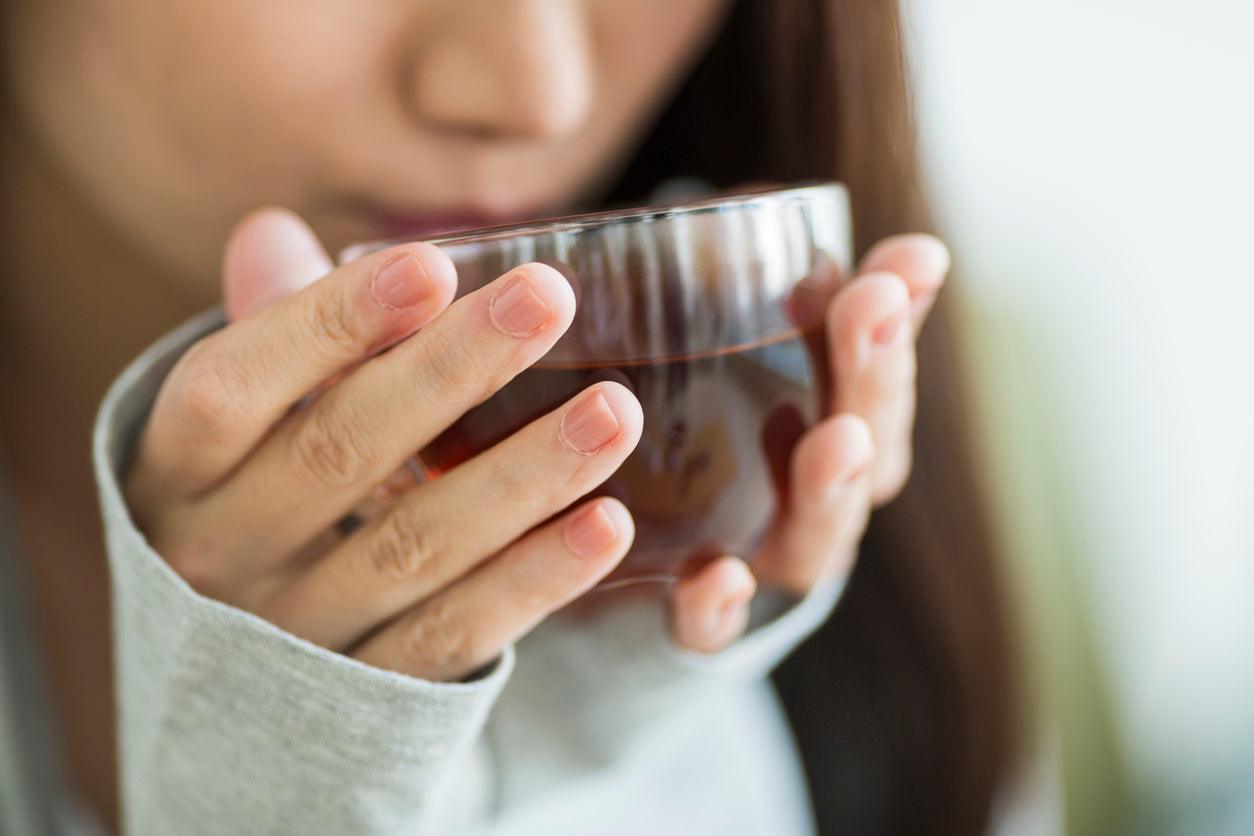Getting a good night’s sleep isn’t always easy. For parents, it’s often impossible. If you struggle to fall or stay asleep, or your children just never seem to wind down, how are you supposed to get the rest you need? Fortunately, there are tools at your disposal. Never underestimate the power of a cozy blanket or a soothing cup of tea. Tuck in the kiddos with a super soft minky before winding down with the best tea for sleep, then enjoy some much-needed rest.
Can Tea Really Help You Sleep?
Each individual responds differently to various herbs and teas, so what works for your friend or family member may not work for you. Several types of tea have been known to promote relaxation, relieve stress, or prepare you for sleep. The key is to find the one that gives you the best results.
You will also want to choose a tea that does not contain caffeine. Although some people seem to sleep just fine after a cup of coffee, others will toss and turn for hours if they consume even a small amount too late in the day.
What About the Kids?
What good is a soothing cup of tea if the kids are still running around like they’re at the park or they keep asking for one more story?
Create a cozy and relaxing space for them first. With a little consistency, like a familiar snuggle item, they’ll be relaxing in no time. Cuddle up with their favorite minky blanket and a few short books, then tuck them in and enjoy their cute, peaceful, little faces for a minute. Soon, you can sneak away for your bedtime routine.
You can also try using essential oils in a diffuser in their room or spraying a small amount of diluted oil on their blanket. (Link to article about essential oils)
What is the Best Tea for Sleep?
Once the little ones are sleeping soundly, pour yourself a cup of soothing tea and wrap up in your cozy minky blanket. Add a book or a crackling fire, and enjoy the quiet before climbing into bed.
Chamomile
Chamomile tea is a popular choice for reducing inflammation, relieving anxiety, and treating insomnia. It has mild sedative effects, making it the perfect choice for winding down at the end of the day.
Valerian Root
Valerian root can be used to make tea and is also available as a supplement in liquid or capsule form. It has been used to help with insomnia, anxiety, headaches, and stress. When taken before bed, it can make it easier to fall asleep and decrease the number of times you wake in the night. Valerian root is also unlikely to cause any negative side effects, such as grogginess the next morning.
Passionflower
Passionflower tea is made from drying parts of the Passiflora plant. When used regularly, it has been shown to reduce anxiety and improve sleep quality.
Lemon Balm
Lemon balm is used in tea and aromatherapy for reducing stress and promoting relaxation. It also increases levels of the neurotransmitter GABA for a mild sedative response and lessening of chronic sleep problems.
Lavender
Although there is no evidence to support the idea that lavender tea directly and immediately influences sleep, it can still help you rest well. Lavender is commonly used in aromatherapy but is also made into tea. It has soothing, relaxing properties that can lower your heart rate and alleviate stress, which can mean improved sleep quality. It has also been shown to reduce daytime fatigue.
Magnolia Bark
This plant has been used in Chinese medicine for a variety of symptoms, including sleep and congestion. You may be able to breathe easier and sleep more soundly with a cup of magnolia bark tea before bed.


Share:
How to Take a Power Nap
What Are Minky Fabric Blankets Made From?